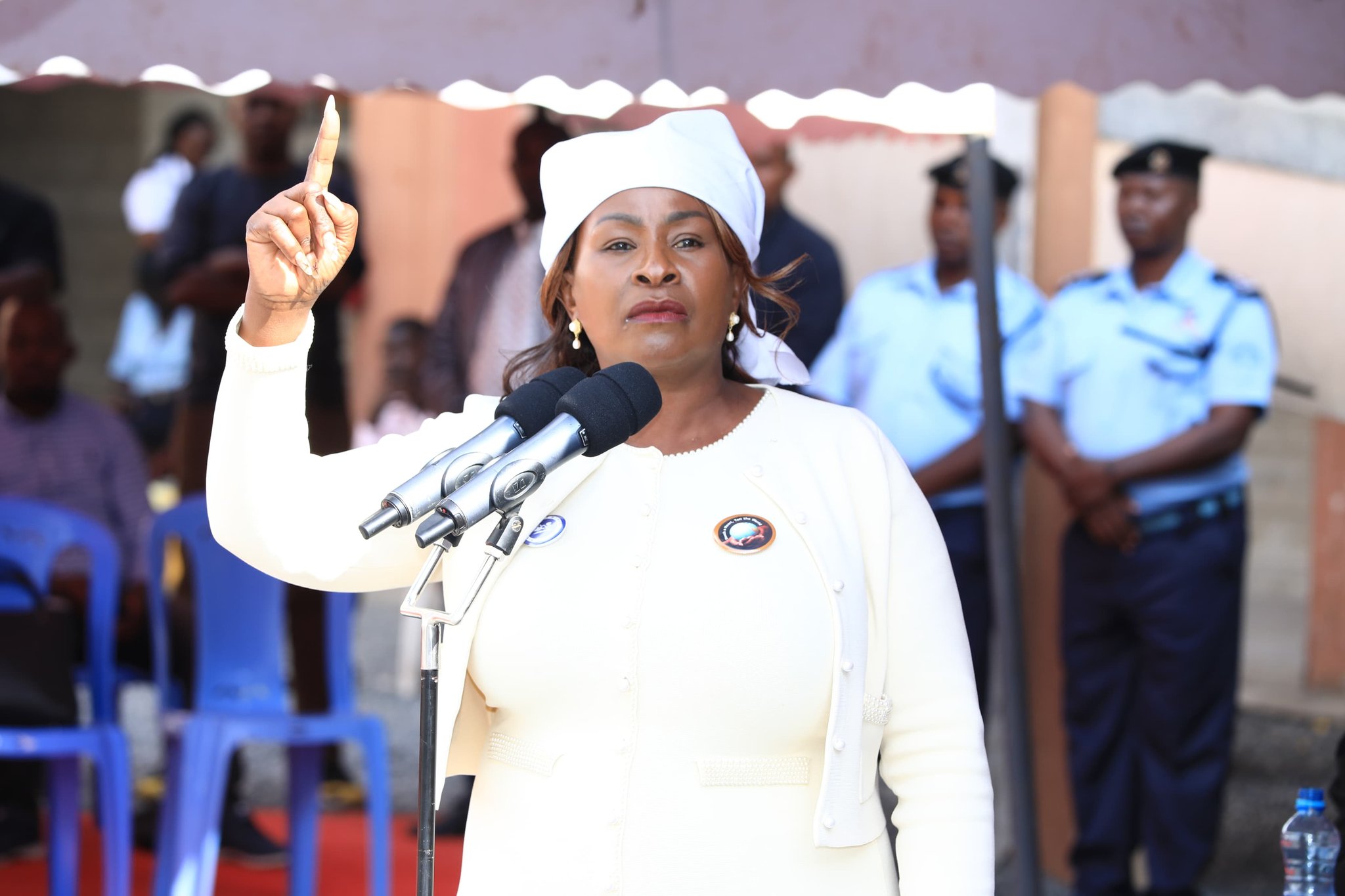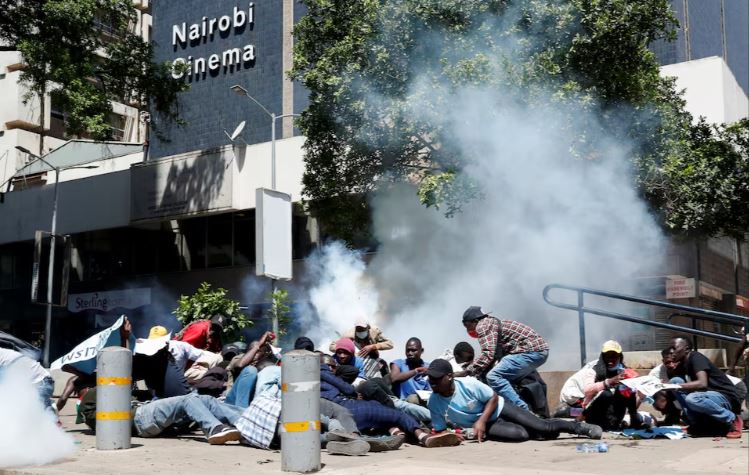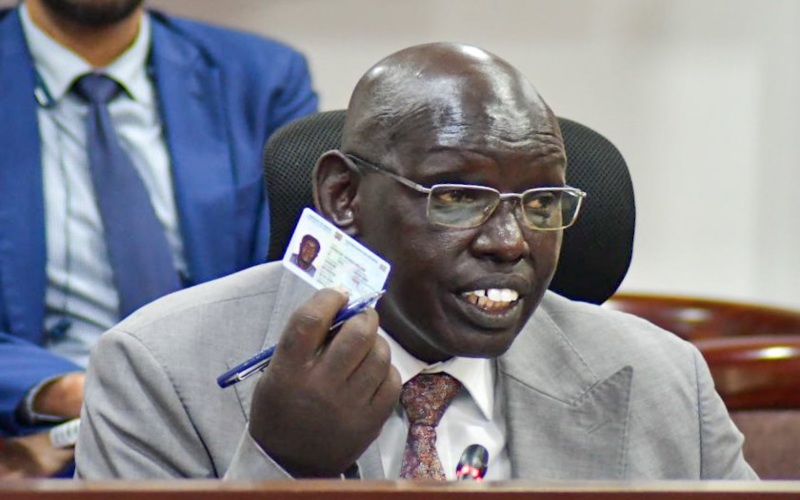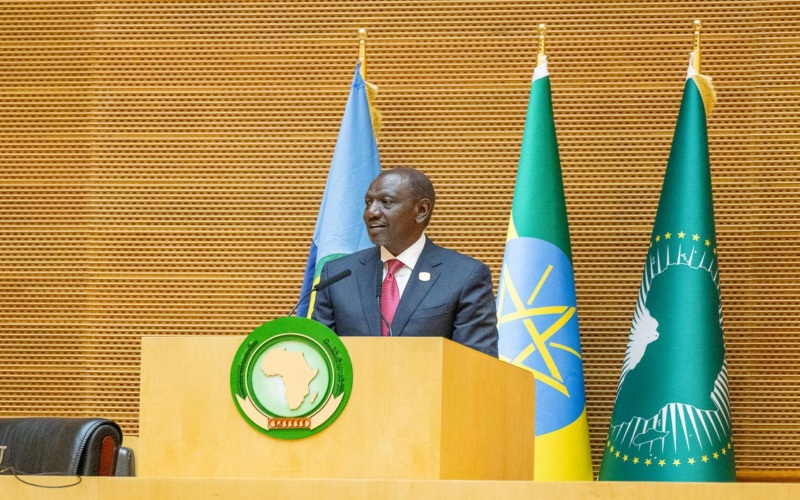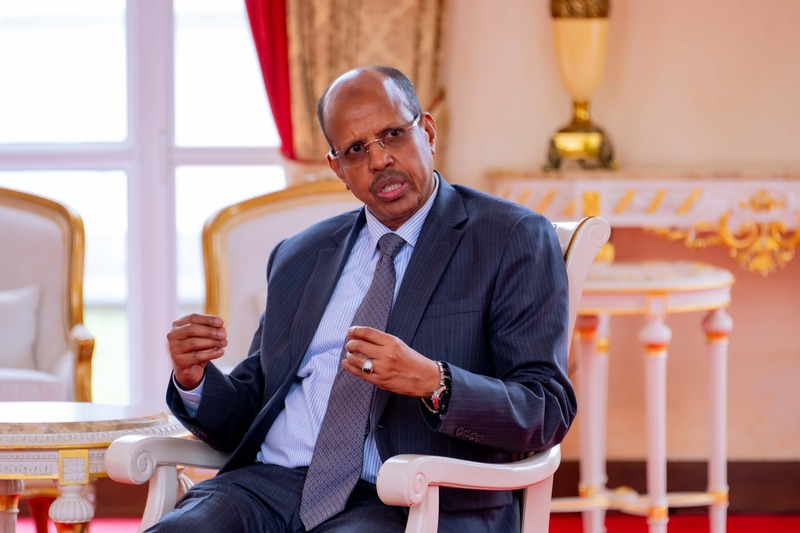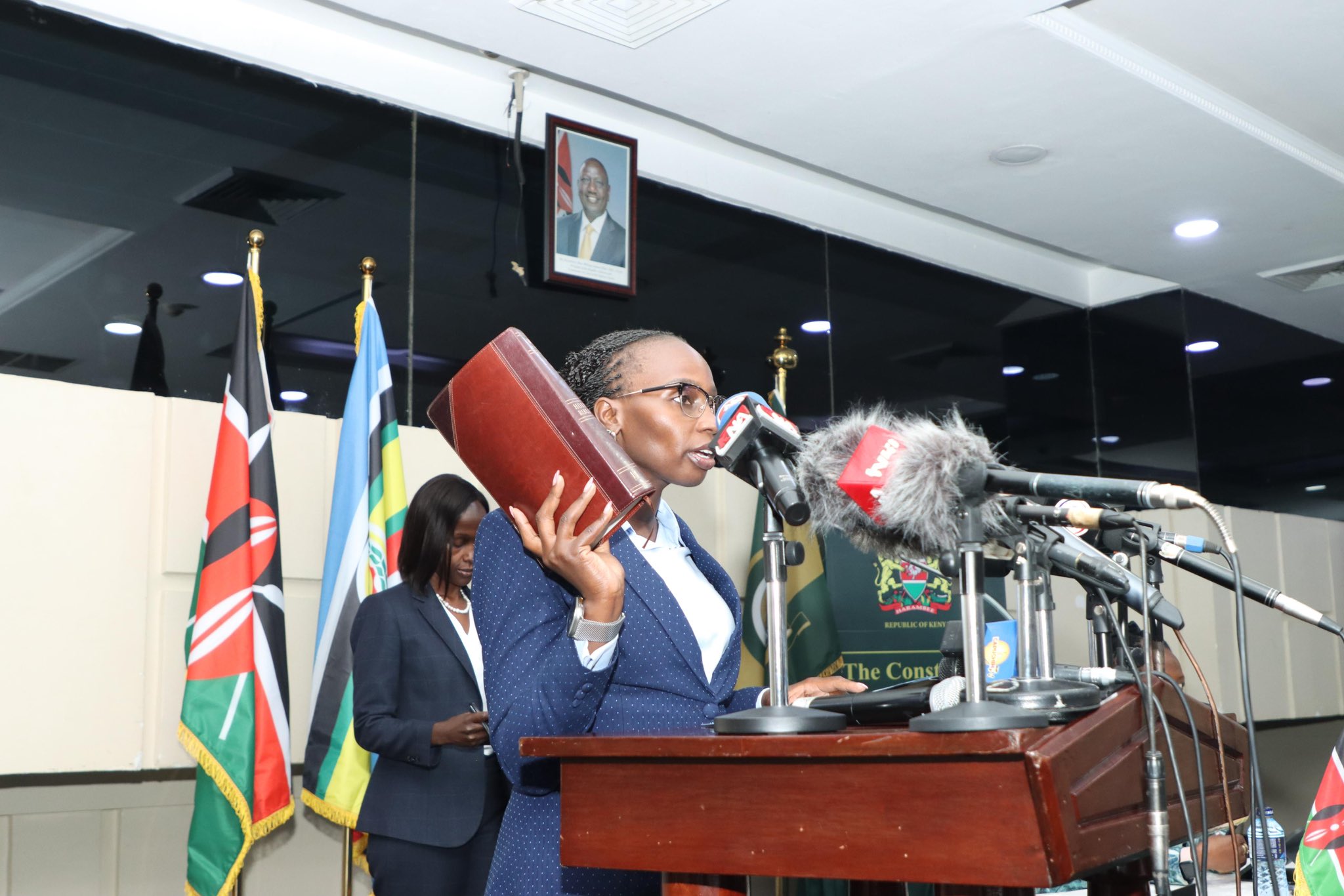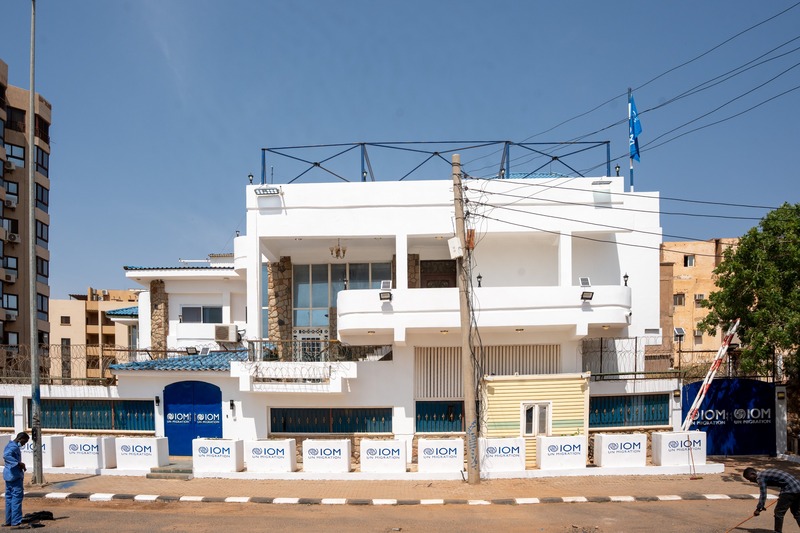Court blocks vetting of IEBC nominees over transparency concerns
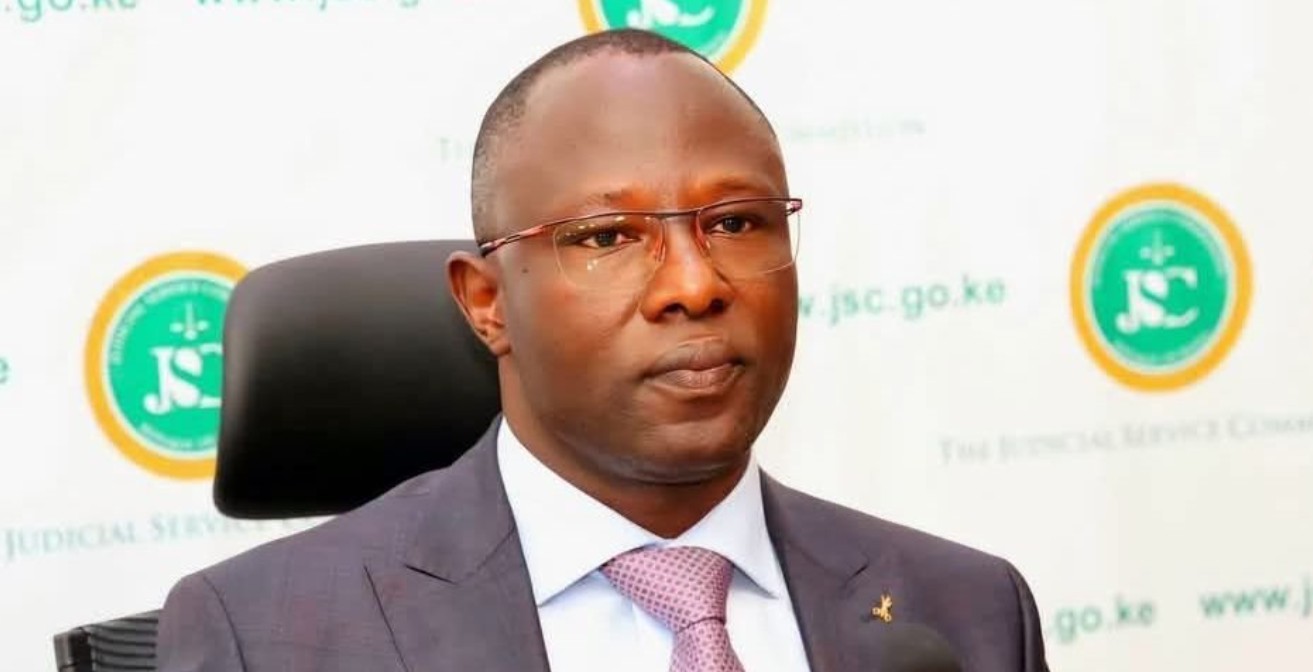
In a ruling delivered on Monday, Justice Lawrence Mugambi temporarily barred Parliament from proceeding with the vetting of the seven nominees, including the chairperson nominee, Erastus Edung Ethekon, until May 29, when the court is expected to make a final determination on the matter.
Seven nominees to the Independent Electoral and Boundaries Commission (IEBC) have suffered a setback after the High Court issued conservatory orders halting their vetting and approval by the National Assembly.
In a ruling delivered on Monday, Justice Lawrence Mugambi temporarily barred Parliament from proceeding with the vetting of the seven nominees, including the chairperson nominee, Erastus Edung Ethekon, until May 29, when the court is expected to make a final determination on the matter.
More To Read
- Legal experts weigh in on Supreme Court ruling declining to extend lapsed boundaries review timelines
- Supreme Court rules IEBC secretariat cannot undertake core electoral duties
- IEBC spells out qualifications for candidates as 23 seats go to by-elections in November
- ODM announces by-election fees, nomination guidelines
- IEBC announces resumption of continuous voter registration from September 29
- Raila slams IEBC, NPS and DPP, says they have failed Kenyans despite 2010 Constitution gains
This follows a petition filed by two voters, Kelvin Omondi and Boniface Mwangi, through lawyers Paul Muite and Ochieng Odinga, challenging the legality and transparency of the selection process.
The petitioners argue that the process was marred by irregularities, violated constitutional provisions, and failed to uphold the principle of public participation.
“The nomination process was flawed, lacking transparency and breaching key constitutional requirements, including merit-based appointments, regional and ethnic balance, and the inclusion of persons with disabilities,” the lawyers submitted.
The petition specifically questions the inclusion of certain nominees, particularly Commissioner Hassan Noor, whose name, they claim, was neither shortlisted nor part of the publicly advertised list.
Senior Counsel Paul Muite told the court that Hassan’s inclusion appeared to be a deliberate attempt to circumvent due process.
“We are raising the issue of the fifth commissioner, Hassan Noor, who was not among those shortlisted. He was not in the list advertised by the selection panel,” said Muite.
The petitioners further argued that proceeding with the vetting before resolving these concerns would undermine the IEBC’s credibility and risk future political instability.
However, the Office of the Attorney General opposed the court’s intervention.
Chief State Counsel Emmanuel Bitta submitted that the petition was premature and amounted to judicial overreach.
“The petition is non-justiciable, having been instituted contrary to the doctrine of ripeness. The petitioner has not exhausted the constitutionally provided remedies before approaching the court,” Bitta argued.
Top Stories Today
